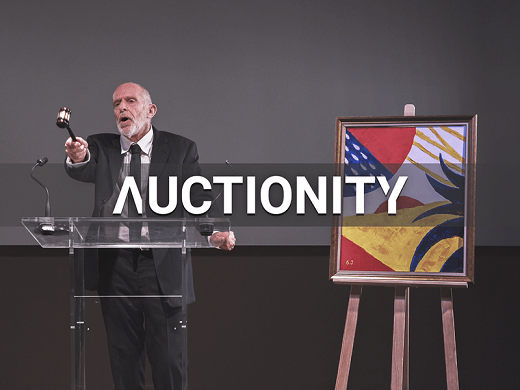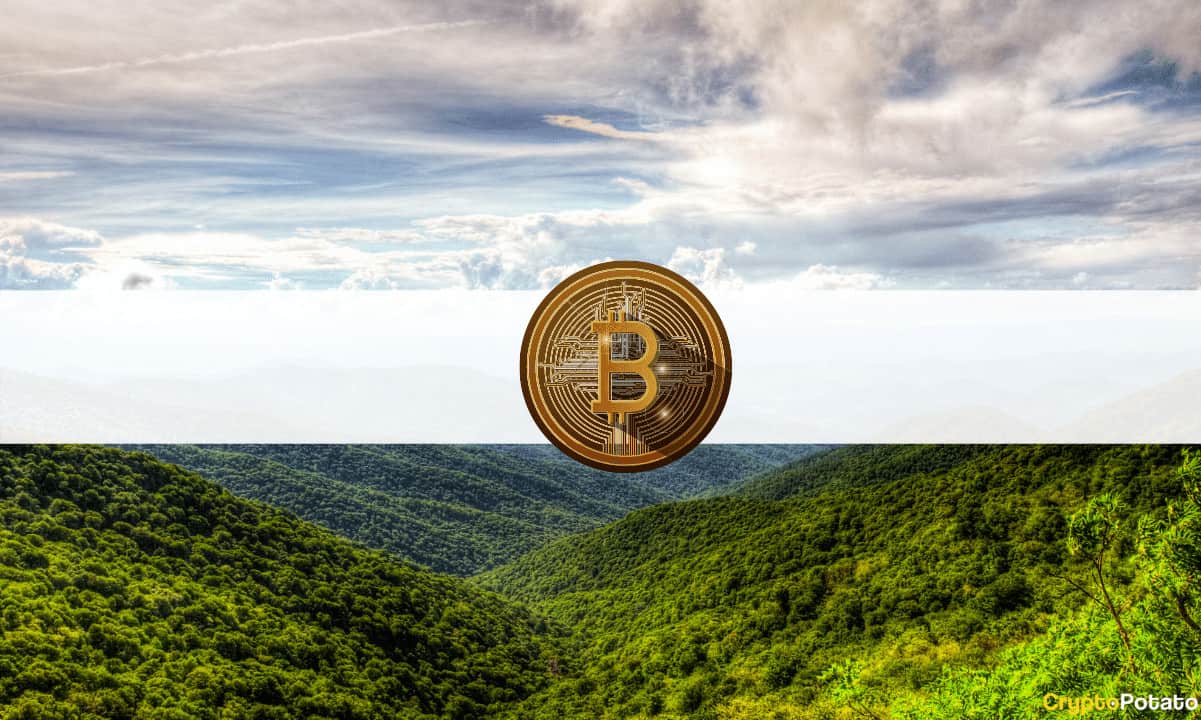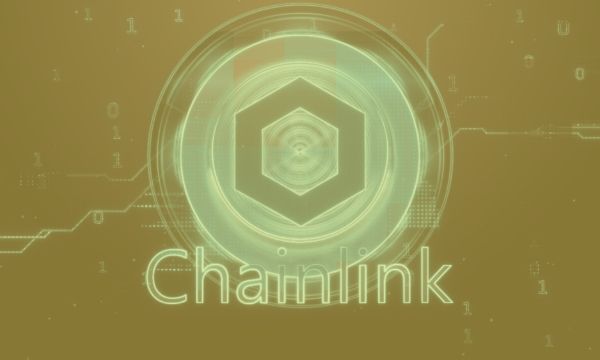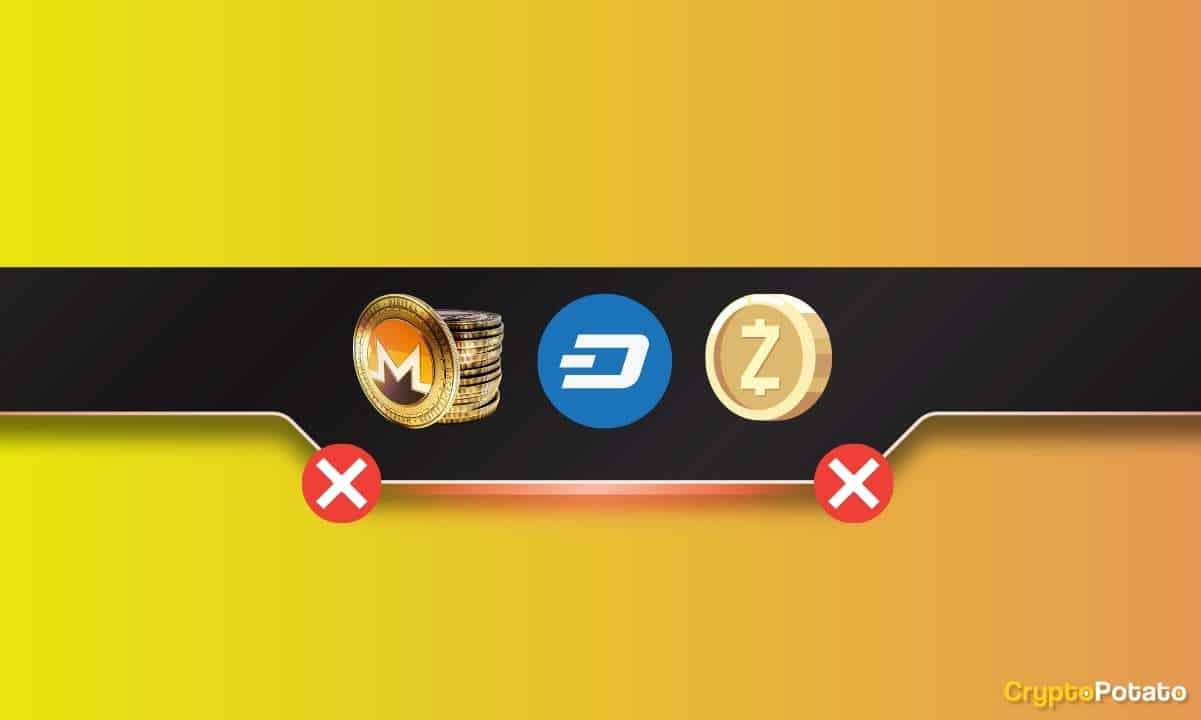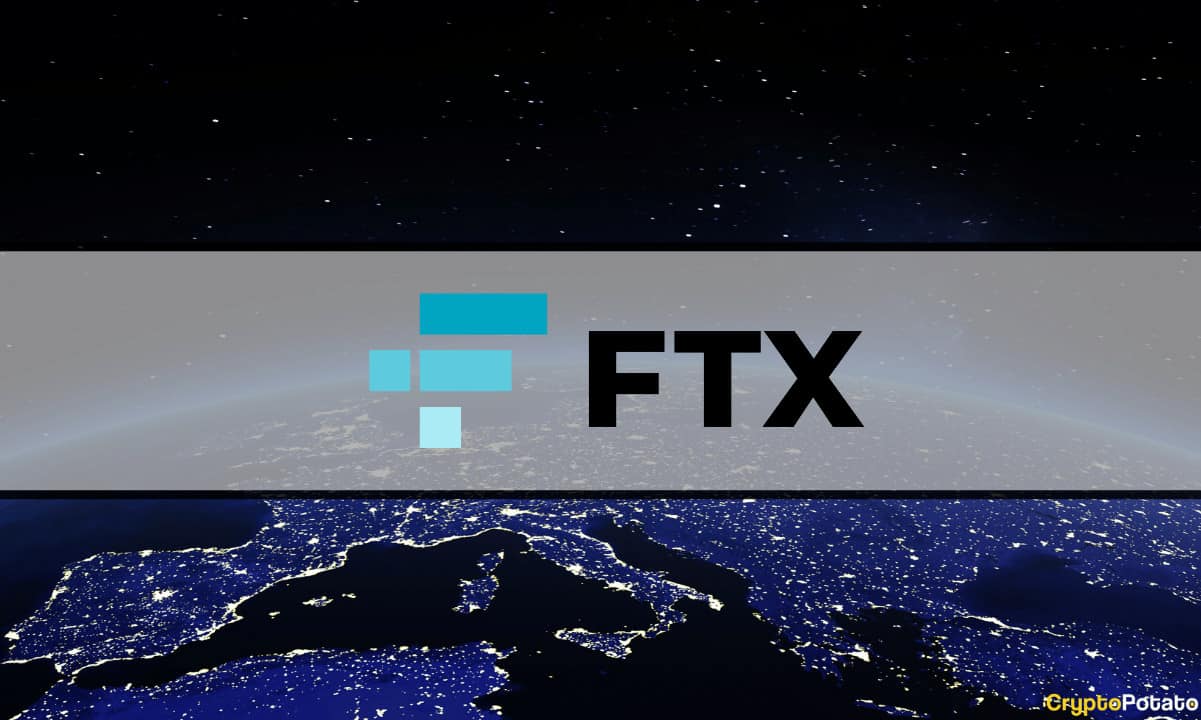Can Facebook’s Libra Become The Global Reserve Currency?
Facebook’s upcoming Libra cryptocurrency has shaken up the digital currency industry. Regulators in multiple countries – including the US Internal Revenue Service (IRS) and European countries who have formed a G7 “Libra” Task Force – are under pressure to change their crypto laws before the coin’s launch in the first half of 2020.
The tech giant’s ambitious project has also received mixed reactions from the members of the crypto community, with some of them expecting positive results while others remain reluctant.
From Stablecoin To The Global Reserve
Today, a Twitter user shared an interesting theory, showcasing the potential path for Facebook’s ambitions. According to James Todaro, a managing partner at Blocktown Capital and popular cryptocurrency commentator suggested that it’s not out of the question for Facebook to aim to make Libra the global reserve, eventually controlling the monetary policy on its own or along with other organizations.
According to Todaro, Libra will have four stages of growth. The first one is detailed in the upcoming cryptocurrency’s whitepaper. In this stage, Libra’s value is pegged to an index of fiat currencies or bonds.
Libra has a dual aim of data & eventually becoming the global reserve.
Libra stages of growth:
1) Value pegged to index of currencies/bonds.
2) Value calculated from fractional reserves.
3) Value has a floating exchange rate.
4) Facebook/corporations control monetary policy.
— James Todaro (@JamesTodaroMD) July 8, 2019
At this stage, Libra is functioning as a stablecoin similarly to the USDT and USDC (with the difference that Libra will be pegged to multiple fiat currencies).
So What’s Next For Libra?
Going with Todaro’s theory – as Libra’s user base starts to grow – Facebook may decide to push its crypto to the second stage, which would mean adopting fractional reserve banking.
This system would allow Facebook to hold only a fraction of the reserves needed for Libra transactions. By reducing the amount of its reserves significantly (the global standard is 10%), the tech company could use its freed up capital to provide loans to other parties.
Advancing further, Libra’s price could be based on a floating exchange rate. Contrary to its fixed sibling, a floating exchange rate is set by the open market, and it is based on supply and demand.
In the final stage, Facebook would make Libra the global reserve currency – substituting fiats like the USD or EUR –, which would allow the tech giant to control the world’s monetary policy alone or with other organizations.
“Control over the creation of money is the holy grail,” Todaro tweeted.
Responding to Todaro’s theory, Twitter user Nic Carter assumes that Facebook’s final stage can work if the organization would “feed all the world’s most granular macro data into the machine.”
Whether or not Facebook has such ambitious plans, Todaro’s theory looks interesting. However, to achieve all that, the firm has to first tackle the harsh regulatory scrutiny is gets from numerous governments.
The post Can Facebook’s Libra Become The Global Reserve Currency? appeared first on CryptoPotato.


